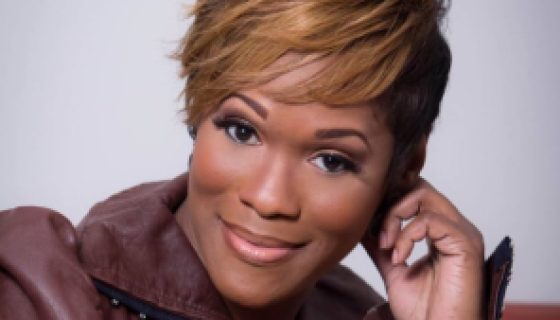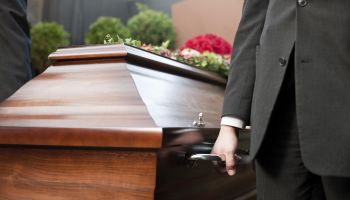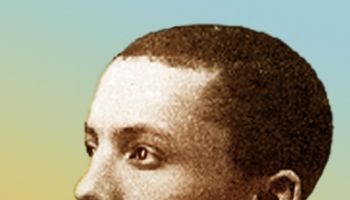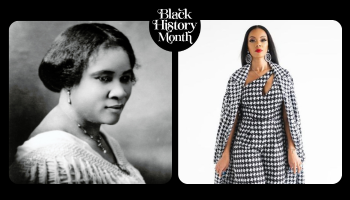Former British Prime Minister Margaret Thatcher, the “Iron Lady” who led a conservative resurgence in her home country and forged a legendary partnership with President Ronald Reagan, died Monday following a stroke, her spokesman said. She was 87.
Thatcher led Britain from 1979 to 1990, the first woman to hold the job and longest-serving prime minister of the postwar era.
“It is with great sadness that Mark and Carol Thatcher announced that their mother Baroness Thatcher died peacefully following a stroke this morning,” the spokesman, Lord Tim Bell, said.
A pioneer for her sex, Margaret Thatcher was prime minister of the United Kingdom for almost 12 years. Take a look back at her life and career.
Queen Elizabeth II was sad to hear the news and planned to send a private message of sympathy to the family, Buckingham Palace said. Prime Minister David Cameron, from his official Twitter account, said: “It was with great sadness that l learned of Lady Thatcher’s death. We’ve lost a great leader, a great Prime Minister and a great Briton.”
Thatcher transformed the stalled British economy, selling state-owned industries to the private sector. She was forced out of office by her own party, unhappy with some of her policies.
“The problem with socialism,” she once said, “is that eventually you run out of other people’s money.”
In 1979, the year she took office as prime minister, Thatcher took note of her place in history: “Any woman who understands the problems of running a home will be nearer to understanding the problems of running a country.”
Ten years earlier, she had predicted that no woman in her time would hold the job of prime minister or foreign secretary.
In 1980, she addressed opponents waiting for her to make a political U-turn: “You turn if you want to. The lady’s not for turning.”
Under her leadership, Britain fought and won a war with Argentina for the Falkland Islands in the South Atlantic Ocean — determined to preserve one of the last outposts of the British empire.
Thatcher’s military worries became focused on a speck of land halfway around the world in 1982 when Argentina invaded the Falklands, a British archipelago. After American mediation attempts failed, Thatcher decided to retake the islands, a feat accomplished in a few weeks. The war was a huge boost to Thatcher’s popularity.
Thatcher had a well-known friendship with Reagan during his two terms as president in the 1980s. They shared an allegiance to free-market principles and opposition to the Soviet Union.
Thatcher recalled in her memoir, “The Downing Street Years,” that she met Reagan in 1975, when she led the political opposition in Britain and Reagan was the ascendant governor of California. She said that she was won over by his “warmth, charm and complete lack of affectation — qualities which never altered in the years of leadership which lay ahead.”
When Reagan died, in 2004, Thatcher delivered a recorded eulogy and said: “We have lost a great president, a great American and a great man. And I have lost a dear friend.”
Thatcher’s daughter said in 2008 that she had been suffering from dementia for eight years, and had to be reminded that her husband was dead.
A spokesman said that Cameron would cut short a visit to Europe to return to Britain.
article courtesy of NBC News














